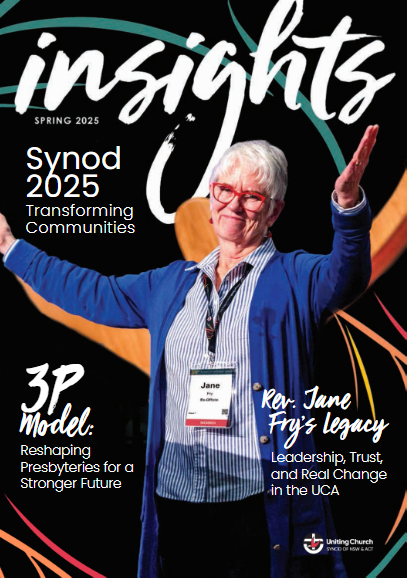Review: Haunted by Christ: Modern Writers and the Struggle for Faith, Richard Harries, SPCK.
The Year of our Lord 1943: Christian Humanism in an Age of Crisis, Alan Jacobs, Oxford.
As has been well documented, the period of modernity surrounding the two world wars was a time when the old certainties of religious faith were profoundly shaken. Although the West remained largely church-going, the horrors of war enhanced irreligiosity amongst political leaders and the cultural elite. Writers grappled with questions of good and evil, some making the case that the turmoil disproved God’s existence. Others, such as W. H. Auden and T. S. Eliot, were shocked into a renewal of faith because they felt that the evils of Nazism could only be combatted by a strong moral basis. They also felt that the Darwinian self-interest that was fashionable in social theories of the time was not up to the task.
Auden and Eliot feature in two new books on modern writers and faith. Richard Harries’ Haunted by Christ takes its name from the novelist Flannery O’Connor, who described the American South as such, but the term could relate wider to the Western literary worlds of the nineteenth and twentieth centuries (and beyond). Harries’ book has short chapters on a number of authors, from Dostoyevsky to Marilynne Robinson, who lived before, during and after the world wars, but who all either wrote into a society haunted by Christ or were themselves haunted by a faith they doubted.
Harries, with a sort of typical English generosity, sees honest struggles of faith as a good thing, and argues that writers can positively illuminate faith for all of us in a different way than theorists and theologians. In Australia, novelist Tim Winton provides evidence of that. One of the writers Harries profiles, Emily Dickinson, was repelled by the banalities of preachers but Harries points out that this doesn’t rule out a personal faith. He thinks her writing is a working out of grace not restricted to middle class church-going, a form of ministry.
In The Year of our Lord 1943 Alan Jacobs focusses more narrowly on the years of World War II and talk of what would happen after the war – how society could use Christian belief to rebuild without it becoming a theocracy. Writers such as Eliot, Auden and C S Lewis were preoccupied with the role of Christianity in moral education, against the idea that a purely scientific (and non-religious) approach to education would instil the moral values necessary to prevent more war. A concern, incidentally, also addressed in different ways by George Orwell, who saw English nationalism and communism as two sides of the same coin.
For these thinkers, it was not a matter of prioritising the spiritual over the material. Rather, for someone like Lewis, the idealisation involved in totalising schemes, as well as devaluing the individual, often went against lived, embodied, individual experience. For Auden, this can be seen in the conflict between art and rationality. In other words, the kind of grand hubristic schemes that had brought the world to war could not provide a basis for the post-war world and the flourishing of individuals. And yet, as Jacobs notes, the anti-human power of nationalisms, ideologies and technologies did not ebb after the wars, but continue to be a problem in our own day.
These Christian humanists, as Jacobs labels them, were not
without their problems. Eliot was something of an elitist when it came to
education (though he was not the arch-conservative he is often portrayed as),
Auden made too much emphasis on the everyday, and Lewis idealised the medieval
world. But they each saw the problems of a ‘modern’, technological approach
applied to everything, an insight that, Jacobs notes, brings them in line with
the French writer Jacques Ellul, who prophetically warned against the
totalitarian nature of technology. Ellul’s warnings only seem to grow in
relevance, as large sectors of our society assume that technology will somehow
relieve us from societal conflict and fix environmental problems, without us
needing to attend to the moral basis of our behaviours.
Nick Mattiske blogs on books at coburgreviewofbooks.wordpress.com






